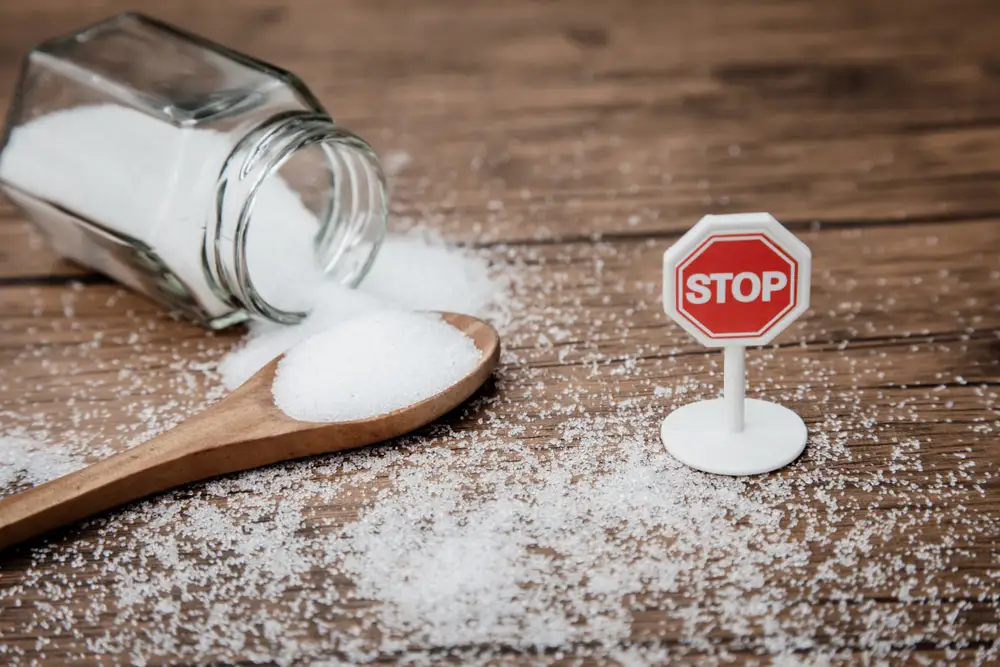Have you recently been diagnosed with high cholesterol? Do you have a family history of high cholesterol? Are you looking for ways to achieve lower cholesterol, but you’re worried that changing your diet means eating boring, bland and tasteless foods? Or you’re concerned that you’ll need to spend hours in the kitchen preparing and cooking meals?
You may be pleasantly surprised at how easy it is to follow a healthy diet that includes plenty of foods that can help to lower cholesterol naturally!
Always talk to your doctor if you are concerned about cholesterol, but including the following seven foods as part of your healthy diet will go a long way to help! Luckily, they’re also delicious, easy to prepare and cook, and you can find them at your local supermarket. Add them to your daily diet as part of holistic health regime.
1. Oats And Oat Bran
Oats and oat bran are rich in soluble fibre which can help to lower LDL, also known as ‘bad cholesterol’. Soluble fibre found in oat bran helps to reduce the absorption of cholesterol into your body. You should aim to eat 5-10 grams of soluble fibre each day. This can help to lower your LDL cholesterol by around 5%. Three-quarters of a cup of oats contains around three grams of soluble fibre.
Top tip: Start your day with a bowl of delicious, warming porridge in winter, or homemade Bircher muesli in summer. Top with fresh fruits such as apples, banana and strawberries which are also rich in soluble fibre. Add oatmeal to your homemade baked treats such as muffins and biscuits. You can even add oatmeal to your favourite smoothies!
2. Fish
Eating oily and omega 3 rich fish such as salmon, tuna, mackerel, sardines and herring at least three times per week can help to increase your protective HDL, or good cholesterol. Replace saturated fat laden meat with fish a few times each week to help naturally lower your cholesterol.
Top tip: Use tinned salmon, mackerel, tuna and sardines as a quick and cost-effective way to include fish in your weekly diet. When eating out, choose grilled fish from the menu instead of red meat.
3. Nuts
A handful of walnuts, almonds or cashews daily could help to lower your LDL and total cholesterol. Choose nuts that are raw and natural, not roasted, salted or candied.
Top tip: Munch on nuts with an apple as a heart protective afternoon snack to help banish sugar cravings and lift flagging energy levels. Sprinkle them on your breakfast oats or add to your salad at lunch time. Nuts are high in calories so moderation is the key. Luckily they are also filling, so you won’t need many to feel satisfied.
4. Beans And Legumes
Like oats and oatmeal, beans and legumes help to lower cholesterol thanks to their high fibre content. The right type of fibre can help to reduce cholesterol absorption. There are so many delicious and heart- healthy beans and legumes to try that it’s impossible not to find one that you enjoy.
Tinned beans and lentils offer the same amounts of cholesterol-lowering fibre as soaking and cooking dried beans, so don’t be put off by the idea that beans and legumes are time-consuming and require loads of cooking.
One cup of beans or legumes contains about four grams of cholesterol lowering fibre. Even baked beans are a great source of soluble fibre with around three grams in half a cup. Healthy beans and legumes include adzuki beans, kidney beans, butter beans, chickpeas, navy beans, pinto beans, turtle beans, lentils and Lima beans.
Top tips: Keep a stock of tinned beans and legumes in your cupboard to add to recipes and meals. You can use them instead of meat or to help make meat based meals healthier and higher in fibre. Add legumes to soups, casseroles and curries. A can of 4 bean mix can be thrown into salads and stir-fries for a quick and easy cholesterol lowering boost.
5. Olive Oil
An important part of a healthy Mediterranean diet, the mono unsaturated fats in extra virgin olive oil may help to lower LDL cholesterol when used to replace saturated fats found in meat and butter.
Top tip: Make your own salad dressings using extra virgin olive plus lemon juice or apple cider vinegar. Drizzle olive oil over steamed or baked vegetables. Replace butter and other oils in recipes with extra virgin olive oil.
6. Avocado
Replacing saturated fat found in meat and animal products with mono unsaturated fatty acids found in extra virgin olive oil and avocado may help to lower LDL cholesterol, especially if you’re overweight.
Top tip: Add avocado to salads, spread on whole grain toast, or mash and serve with vegetable crudités. For a quick heart-healthy breakfast why not try multigrain toast spread with avocado and served with baked beans?
7. Apples And Pears
Apples and pears are rich in pectin, a soluble fibre which is also found in strawberries, oats and beans. Pectin helps to reduce cholesterol absorption and may help to lower LDL cholesterol. One apple contains approximately one gram of soluble fibre and a large pear contains roughly three grams.
Top tip: Choose an apple or pear as a naturally sweet treat to satisfy afternoon cravings. Chop up an apple and serve it with nuts and yoghurt as a heart-friendly snack or healthy breakfast. Add them sliced to your favourite salad recipe.
Cholesterol Lowering Diet
It’s simple and easy to add delicious foods to your diet that can help to lower your cholesterol rather than increase it. You don’t need to visit any special shops, spend lots of money or more time cooking. Look for ways to add these cholesterol-lowering foods to your weekly and daily diet.
As part of a healthy diet and lifestyle, these foods may help to reduce your cholesterol and lower your risk for heart disease. If you’re worried about your cholesterol, please make an appointment to speak with your doctorspeak with your doctor.
High cholesterol doesn’t usually produce any symptoms so the best way to determine if your cholesterol is high is through a simple blood test. Book an appointment today to speak with a doctor about how to achieve lower cholesterol and a healthier heart.
Need help or advice on ways to lower cholesterol? Talk to the team at Algester Medical today.
What Causes Mouth Ulcers? How To Treat & Prevent Them Effectively
Mouth ulcers are a common oral condition that affect most people at some point in their lives. They can be uncomfortable, but they are usually harmless and will heal within 10 to 14 days without treatment. Here’s everything you need to know about mouth ulcers, including what they are, what causes them, the best treatments,…
Acute Vs Chronic Medical Conditions
No matter how old or young you are, we are all susceptible to acute and chronic medical conditions. Both conditions differ in how long they last and how severe the diagnosis is. An illness or condition can be as simple as the flu, or in a more severe case cancer or arthritis. Whether it is…
How Much Sugar Per Day?
Sugar is a type of carbohydrate and a source of energy for our bodies. It can occur naturally in foods like fructose in fruit, glucose in fruits and vegetables, and maltose in wheat and barley. However, manufacturers also often add sugar to extend the shelf life of foods, improve their appearance and/or make them taste…




